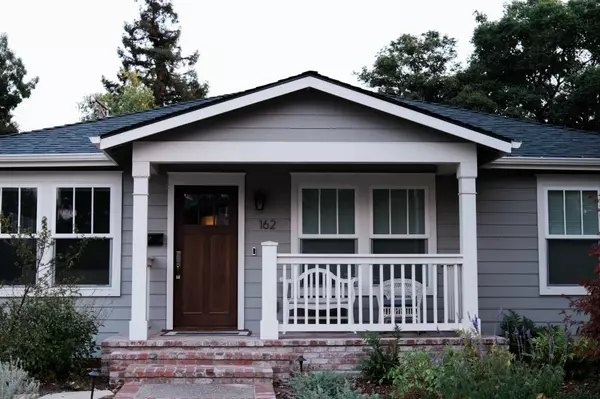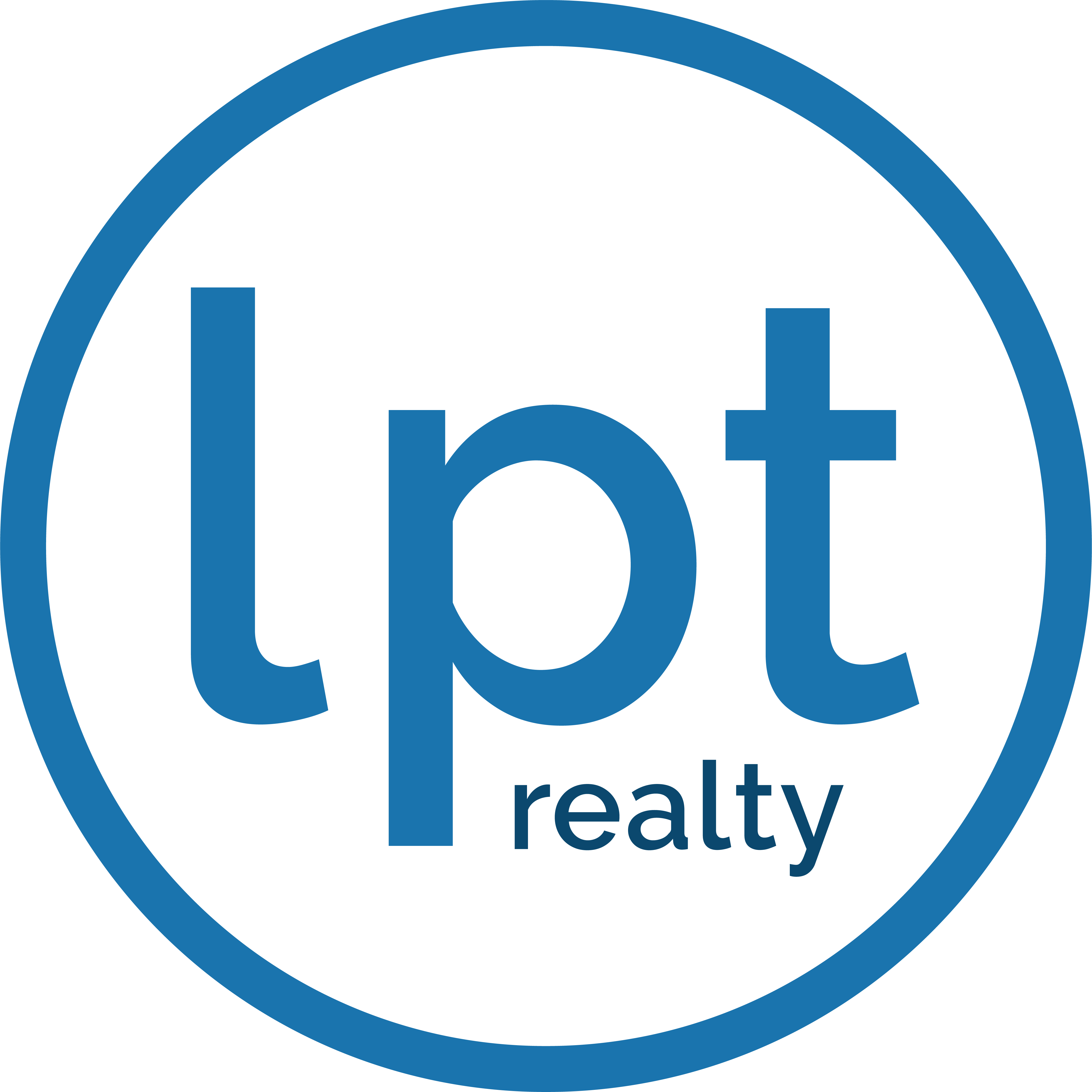Closing Costs Demystified: What You Need to Know


Closing Costs Demystified: What You Need to Know
Closing costs are an inevitable part of any real estate transaction. Whether you're a seasoned homebuyer or a first-time buyer, understanding the breakdown of these costs is crucial for successful budgeting and avoiding any surprises along the way. In this blog post, we will demystify closing costs, provide market updates, and offer mortgage tips to help you navigate this important aspect of buying or selling a property.
Market Update: Understanding the Current Real Estate Landscape
Before diving into closing costs, it's important to have a clear understanding of the current real estate market. At the time of writing, interest rates remain historically low, making it an opportune time for buyers to secure favorable mortgage terms. However, the market is highly competitive, with limited inventory and high demand driving up home prices in many areas. Staying informed about market trends will help you make informed decisions during the homebuying process.
Breakdown of Closing Costs: What to Expect
Closing costs can vary depending on the location, property type, and loan terms. Generally, these costs range between 2% to 5% of the purchase price. Here's a breakdown of the typical closing costs you may encounter:
1. Lender Fees: These include loan origination fees, application fees, and points, if applicable. These fees cover the administrative costs associated with processing your mortgage application.
2. Appraisal and Inspection Fees: Before finalizing a mortgage, lenders require an appraisal to determine the value of the property. Additionally, a thorough inspection is necessary to identify any potential issues with the property. Both of these services come with associated fees.
3. Title Insurance: Title insurance protects the buyer and lender from any financial loss resulting from defects in the title. The cost of title insurance varies depending on the purchase price of the property.
4. Escrow Fees: Escrow fees cover the cost of a neutral third party who holds funds and documents during the closing process. This party ensures that all conditions are met before the transfer of ownership takes place.
5. Recording Fees: When a property changes ownership, the transfer must be recorded with the local government. Recording fees vary by location but are typically a nominal amount.
Budgeting Tips: How to Plan for Closing Costs
To avoid financial surprises, it's important to plan ahead and budget for closing costs. Here are a few tips to help you navigate this aspect of the homebuying process:
1. Research and Obtain Quotes: Different lenders and service providers offer varying fee structures. Take the time to research and obtain multiple quotes to compare costs and ensure you're getting the best deal.
2. Review the Loan Estimate: Lenders are required to provide a Loan Estimate within three days of receiving your mortgage application. Carefully review this document to understand the estimated closing costs associated with your loan.
3. Negotiate with the Seller: In some cases, sellers may be willing to contribute to the buyer's closing costs as part of the negotiation process. This can help alleviate some financial burden, so don't hesitate to discuss this option with your real estate agent.
4. Save and Plan Ahead: Start saving for closing costs as soon as you decide to purchase a property. Having a dedicated fund will help alleviate any last-minute financial stress.
By understanding the breakdown of closing costs and implementing these budgeting tips, you can better prepare for the expenses associated with buying or selling a property.
Mortgage Tips: Navigating the Complexities
Securing a mortgage is a critical part of the homebuying process. To ensure a smooth experience, consider the following mortgage tips:
1. Shop Around for the Best Rates: Mortgage rates can vary significantly from lender to lender. Take the time to compare rates and terms to secure the most favorable deal for your financial situation.
2. Get Preapproved: Getting preapproved for a mortgage not only helps you understand your budget but also demonstrates to sellers that you're a serious buyer. This can give you a competitive edge in a hot market.
3. Work with a Knowledgeable Mortgage Lender: Choosing a reputable mortgage lender is crucial. A knowledgeable lender can guide you through the process, answer your questions, and help you secure the best loan for your needs.
In conclusion, closing costs are an essential aspect of any real estate transaction. By understanding the breakdown of these costs, budgeting carefully, and staying informed about market updates and mortgage options, you can navigate the homebuying process with confidence. Remember, knowledge is power, and being well-informed will help you make the best decisions for your financial future. Let's have a discussion about your options available www.jameswhooker.com.
Categories
Recent Posts











"Molly's job is to find and attract mastery-based agents to the office, protect the culture, and make sure everyone is happy! "
